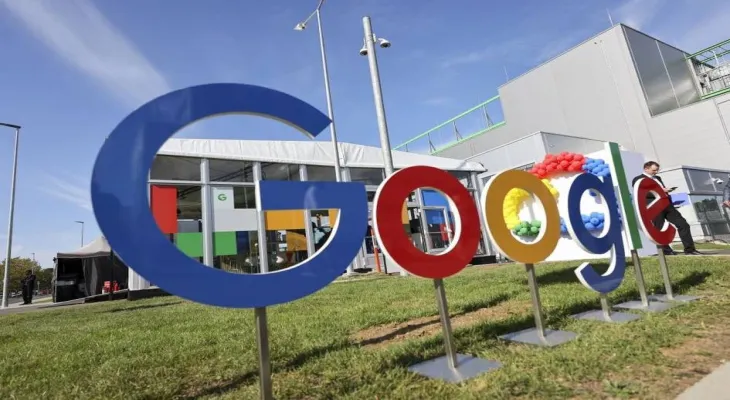Search here
Newspaper
Search here

Arab Canada News
News

Published: October 7, 2023
On Friday, the giant company Google revealed the possibility of blocking news sites on its search engine in Canada starting in December, in response to a new Canadian law that requires giant digital companies to pay media outlets for sharing their content.
Meta, the parent company of Facebook and Instagram, had previously prohibited its users from seeing or sharing links to news articles in Canada before this law came into effect, which forces platforms to compensate content providers.
Google urged the Canadian government on Friday to make "necessary" legislative changes to this law, which is set to take effect next December, indicating that it is "non-viable."
This law, known as "C-18," is supposed to allow giant digital companies to enter into fair commercial agreements with media outlets regarding the content broadcast on their platforms, under the threat of having to resort to federal arbitration.
A law facing "great resistance"
Late on Friday, Google Canada said in a 12-page document: "The law subjects Google to potentially unlimited financial liability merely for facilitating access to news sites and directing valuable traffic to publishers."
The group noted that without agreeing on modifications before the law takes effect in December, Google may decide to block access to news sites in Canada.
The document further indicated that "as a result, the timing issue remains, which may put Google in a position where it has to suspend links to news content while seeking an exemption."
Earlier in the day, Canadian Heritage Minister Pascale Saint-Onge expressed her "optimism" about her ability to convince Google of the benefits of this law, which faces "great resistance" from digital giants.
She said before officials from news agencies gathered in Toronto, "Google has engaged and collaborated throughout the process, while Facebook blocked news in Canada even though the law has not yet come into effect."
The new Canadian law, inspired by what Australia did in 2021, currently targets Google and Meta, and is expected to allow media companies to receive up to 230 million Canadian dollars (158 million euros), according to Ottawa.
Comments